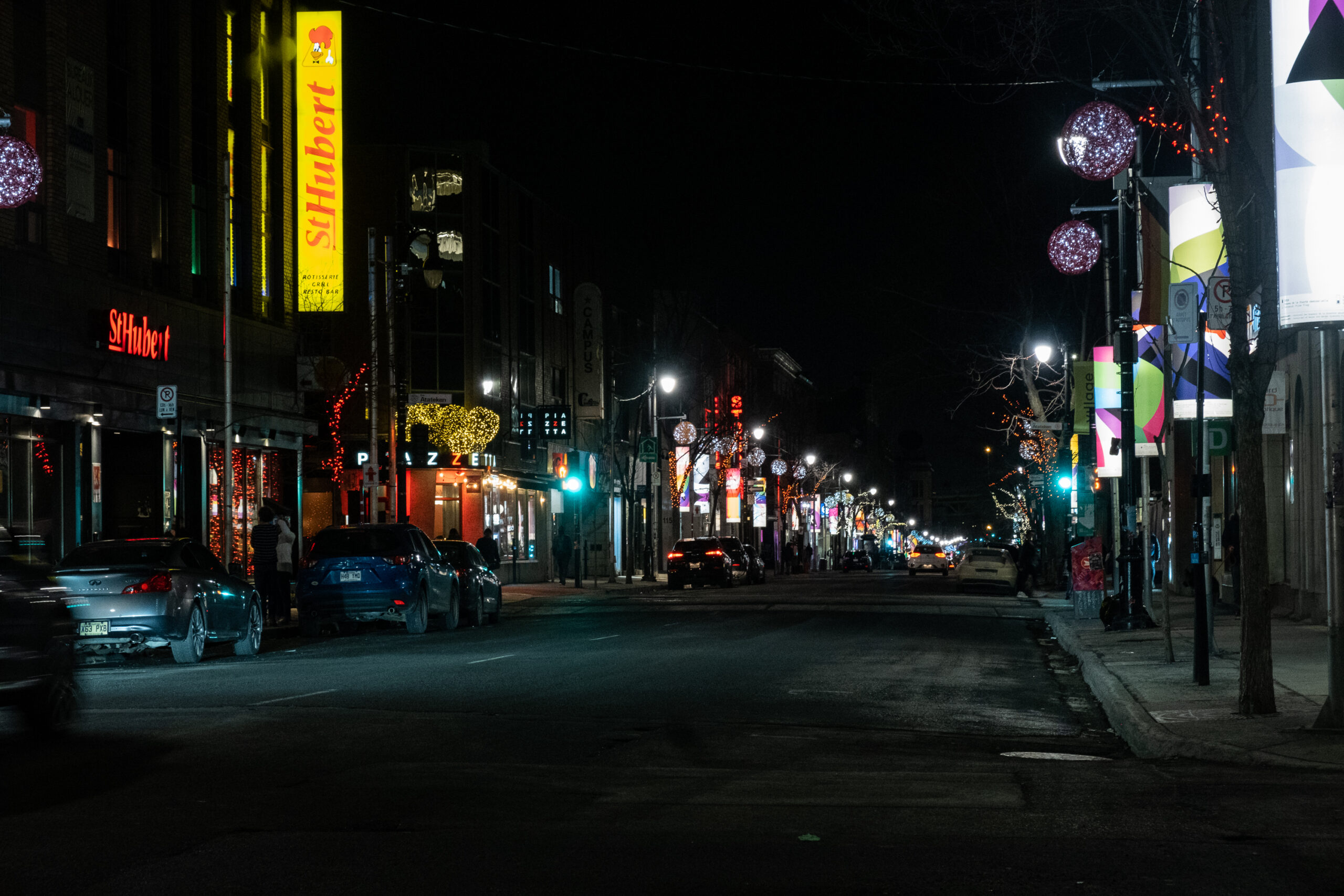The District Video Lounge keeps receiving noise complaints and the owner is tired of fighting it.
Danny Jobin, owner of the District Video Lounge in the Village, had just returned from vacation when he had to write to the city. The entire time he was gone, a man had been calling the bar and complaining to the city about the noise.
This has been going on for six years. Jobin is getting sick of it.
“I’m tired. I’m losing my money. I’m working for nothing for now because I’m just paying, paying, paying,” he said. “That’s not the way we used to work, you know, we work for money, so now I’m throwing it in the garbage.”
Stock Bar, another establishment in the Village owned by Jobin, began getting complaints a few months ago. Before he became the owner, Jobin was the manager at Stock Bar for over 20 years.
During those two decades, he said that the bar never had trouble with noise complaints.
Though the man lodging complaints against Stock Bar is not the same as the one reporting the District Video Lounge, they have both caused major issues for Jobin and his employees. Kim Chanis is a bartender at the District Video Lounge and has had direct experience with the man.
“He was calling a lot, like maybe two to three times a day sometimes,” Chanis said.
The bar has received numerous fines from the city because of the complaints. They even had to shut down for four days in January and February.
The requirements around noise management creates a dilemma for the workers. At the moment, the law has zero tolerance for noise. A citizen may make a noise complaint at any time if they feel the noise is excessive. If someone files a report, the police must give the offending party a ticket. District Video Lounge needs the music to be loud enough to maintain the atmosphere of the bar, but not so loud that they are given another fine for the noise.
This problem has caused friction between the employees.
“Sometimes we get upset with each other because of that,” Chanis said.
Jérémie Boivin, another bartender at the District Video Lounge, mentioned that the man would take videos of the employees serving on the patio in the summer. This bothered him, as he did not want to be filmed.
“Our owners are really, really great and it’s really a great bar and now they have spent, like, thousands of dollars because of the situation,” Boivin said.
Jobin estimates that this ordeal has caused him around $200,000, from sound system replacements to lawyer fees. In the past year, he has had to go to court three times and each one he was able to make a deal with the crown prosecutor, who was aware of his situation.
Jobin has had positive experiences with the officials he has encountered. They’ve all been very nice, he said. Even so, while the law is unchanged, they must continue to give out fines.
“The problem is the law. ” Jobin said. “It’s an old law that they have to change because everything’s changed.”
The law is in the process of being changed, but it’s not fast enough. Despite this, Jobin has had positive experiences with the officials he has encountered, who have been understanding of his situation.
“I’m lucky in my bad luck,” he said.
The atmosphere in the workplace has become increasingly tense as employees stress about their jobs. Boivin can’t help but wonder about future shutdowns. He’s afraid that he will lose more work.
“It’s something that I think about sometimes,” he said. “Like is the bar going to stay closed or not, stay open or not, you know?”
This has been a long battle for the bar, and everyone is growing weary.
“After a while I decided to call the city and say: ‘Look, do you want me to close the bar or are you going to do something about this?’ Because I’m tired,” Jobin said.
The appeal of Sainte-Catherine is its lively nightlife, its performers and bars. Boivin would walk past other bars with the music turned up loud and think of his workplace, where workers are constantly monitoring the noise level.
He and his coworkers must deal with endless phone calls, being filmed and photographed without their consent and the possibility of losing more work.
“It’s impossible in a city to have zero tolerance for the noise,” said Jobin.
